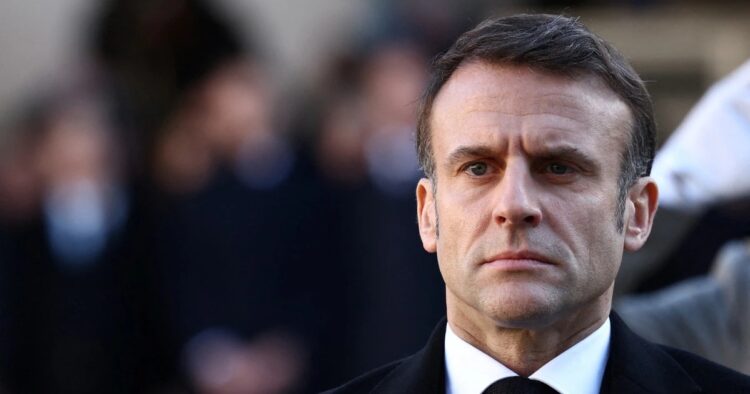French President Emmanuel Macron is expected to accept the resignation of Prime Minister Gabriel Attal and his government today, following an inconclusive snap election. Attal and his ministers, including Interior Minister Gerald Darmanin, will continue in a caretaker role until a new cabinet is appointed. This allows them to participate in parliamentary proceedings, including the upcoming vote for the assembly’s president on Thursday.
While in caretaker capacity, the government can manage day-to-day affairs and handle emergencies but cannot introduce new laws or propose the annual budget. Noting, that their responsibilities include ensuring the smooth operations of the upcoming Olympics, scheduled to begin on July 26.
Caretaker governments in France typically last only a few days historically, although there is no set duration mandated by law, and they cannot be forced to resign by parliament.
Political Discord and Alliance Building
Following the snap election on June 30 and July 7, the New Popular Front (NFP), a coalition of socialists, Greens, the communist party, and France Unbowed, emerged as a leading force but fell short of a majority. This has triggered intense negotiations among left-wing parties over the nomination of the next prime minister.
The Communist party leader, Fabien Roussel, has warned of potential deadlock if consensus isn’t reached, describing the current state of negotiations as “deplorable.” Macron has urged mainstream parties to ally, potentially including elements of the NFP but excluding France Unbowed, to establish a stable government.
The situation remains fluid, with ongoing efforts to navigate these political complexities in France’s parliamentary landscape.

















Comments